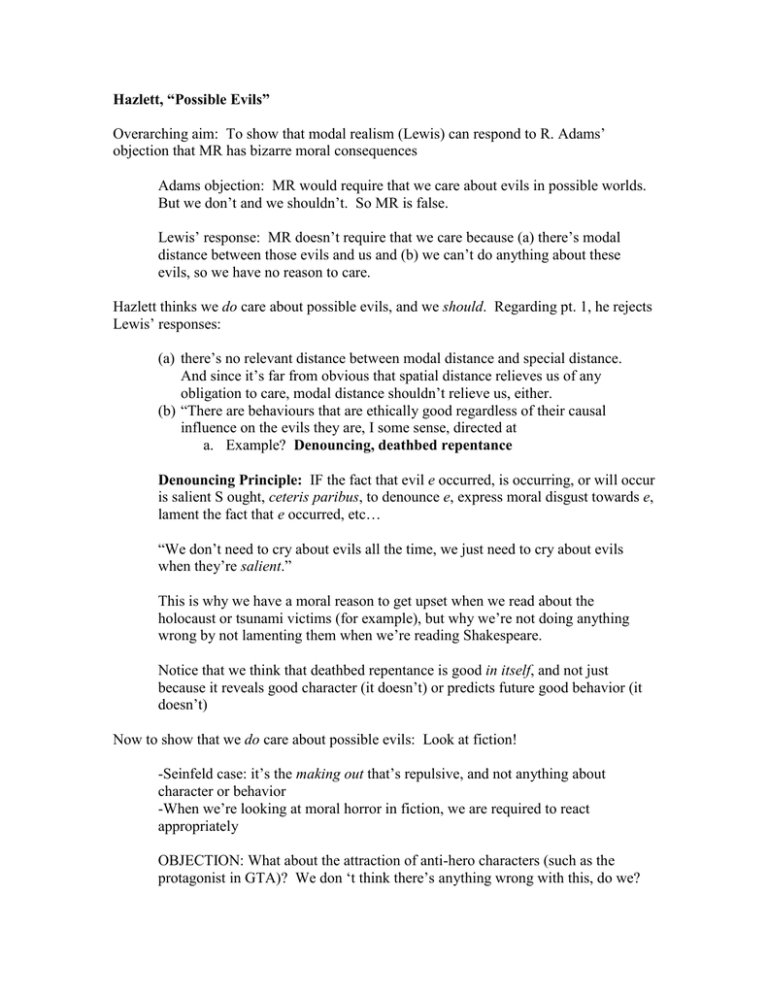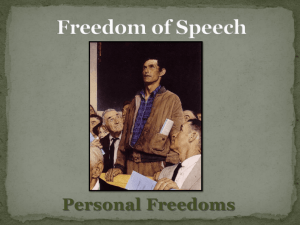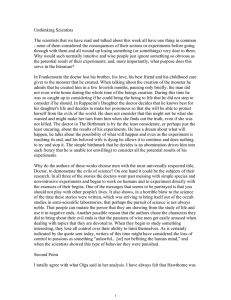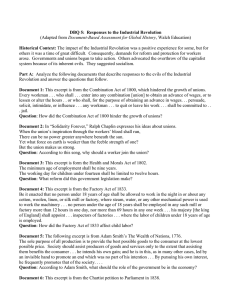Hazlett on Possible Evils
advertisement

Hazlett, “Possible Evils” Overarching aim: To show that modal realism (Lewis) can respond to R. Adams’ objection that MR has bizarre moral consequences Adams objection: MR would require that we care about evils in possible worlds. But we don’t and we shouldn’t. So MR is false. Lewis’ response: MR doesn’t require that we care because (a) there’s modal distance between those evils and us and (b) we can’t do anything about these evils, so we have no reason to care. Hazlett thinks we do care about possible evils, and we should. Regarding pt. 1, he rejects Lewis’ responses: (a) there’s no relevant distance between modal distance and special distance. And since it’s far from obvious that spatial distance relieves us of any obligation to care, modal distance shouldn’t relieve us, either. (b) “There are behaviours that are ethically good regardless of their causal influence on the evils they are, I some sense, directed at a. Example? Denouncing, deathbed repentance Denouncing Principle: IF the fact that evil e occurred, is occurring, or will occur is salient S ought, ceteris paribus, to denounce e, express moral disgust towards e, lament the fact that e occurred, etc… “We don’t need to cry about evils all the time, we just need to cry about evils when they’re salient.” This is why we have a moral reason to get upset when we read about the holocaust or tsunami victims (for example), but why we’re not doing anything wrong by not lamenting them when we’re reading Shakespeare. Notice that we think that deathbed repentance is good in itself, and not just because it reveals good character (it doesn’t) or predicts future good behavior (it doesn’t) Now to show that we do care about possible evils: Look at fiction! -Seinfeld case: it’s the making out that’s repulsive, and not anything about character or behavior -When we’re looking at moral horror in fiction, we are required to react appropriately OBJECTION: What about the attraction of anti-hero characters (such as the protagonist in GTA)? We don ‘t think there’s anything wrong with this, do we? Hazlett’s replies (a) We might simply be wrong. Maybe it is bad to enjoy or laugh at GTA. Is this so surprising? (b) Maybe the evil of enjoying GTA (or the murder in Crime and Punishment) is outweighed by the aesthetic experience (i.e. of understanding Raskolnikov’s psychology) that it allows us to have





